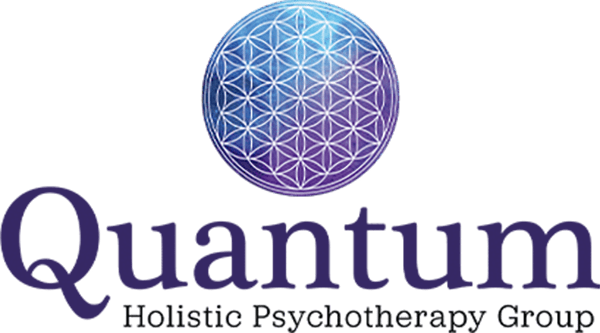Have you ever experienced a moment where you felt like you acted out of character, perhaps even saying, “I don’t know what came over me”, or “I can’t believe I did or said that!”
There are many parts living inside each of us- or, different aspects of the psyche with their own motivations, needs, desires, personalities, and thoughts. You may notice that certain parts of yourself are activated around certain people – such as family, whereas other parts are activated around your friends, strangers, or co-workers. Sometimes, parts inside of ourselves even clash – seemingly wanting opposite things. These inner conflicts can create a ton of discord inside of us – making it hard to make decisions and move forward in our lives with clarity.
If we exile any parts of ourselves and are unaware of it, they may run the show of our lives from our shadow, making us confused as to why we are for example, procrastinating – or making bad decisions, when we know we want to do the opposite.
Through IFS therapy, we create an environment that allows enough safety for any “exiled” parts of ourselves to come forward, or parts of ourselves that have been deemed “unacceptable”, or “shameful”, so that they can integrate into the whole Self, and no longer be in Shadow, acting out in our lives from behind the curtain. This can help us get clear on what our Truest, Highest Self wants for us, rather than a part or aspect of ourselves that doesn’t necessarily have our best interest in mind, or is operating out of fear or attempts to keep us “safe”.
These unintegrated exiled parts are not to be confused with natural inner conflict, which is completely normal and part of being human. Not every part of us that is add odds with another part, is something to be pathologized and fixed. We are a tapestry of multiplicity, with many things to consider when moving through our lives.
Compassion , curiosity, and non-judgment are absolutely key to this process. Just like us humans are sensitive to judgment which could prevent us from opening up, so are our parts.
How To Connect With Your Parts
Here is a simplified step-by-step process you can use to connect with a part of yourself:
Choose the part that you wish to dialogue with (for example, your inner procrastinator)
Visualize This Part
What does it look like? Does it have a texture? A feeling? They may show up as an image in your mind or in front of you, or even as a sensation in a place in your body that feels clouded and tight or empty or prickly, or as a voice in your head, just allow whatever images or sensations to arise in connection to this part so you can get a feel for how they manifest and present inside of you.
Let them know that they are welcome – bring in an energy of curiosity and acceptance
Ask Them How They Feel
Sit with the feelings that arise in your body as this happens
Continue to ask follow-up questions such as, “What do you need?” What do you want to tell me?” “How do you serve me?”, and simply listen with curiosity and acceptance, repeating step 5 as needed.
Mirror work may also help with this process, as our eyes are a window to our Soul, and our parts often are the protectors to the window to the soul.
You may want to journal during or after this process, to help reflect and gain clarity, or to even dialogue with the part through writing. You can refer to yourself as “I”, while you speak to the part.
This process can be supported by working with a professional who can help you go deeper with accessing these exiled parts, especially for parts that want to stay very hidden from ourselves. A trusted professional, like the licensed therapists who work at Quantum Psychotherapy Group can help support you through this process. If you’re interested in IFS for anxiety, visit our anxiety therapy page to learn more detailed information about how IFS can be incorporated into our holistic approach.



Your writing has a way of resonating with me on a deep level. I appreciate the honesty and authenticity you bring to every post. Thank you for sharing your journey with us.
Nice post. I learn something totally new and challenging on websites.
There is definately a lot to find out about this subject. I like all the points you made.
This is really interesting, You’re a very skilled blogger. I’ve joined your feed and look forward to seeking more of your magnificent post. Also, I’ve shared your site in my social networks!
Pretty! This has been a really wonderful post. Many thanks for providing these details.
This is really interesting, You’re a very skilled blogger. I’ve joined your feed and look forward to seeking more of your magnificent post. Also, I’ve shared your site in my social networks!
You’re so awesome! I don’t believe I have read a single thing like that before. So great to find someone with some original thoughts on this topic. Really.. thank you for starting this up. This website is something that is needed on the internet, someone with a little originality!
Hi there to all, for the reason that I am genuinely keen of reading this website’s post to be updated on a regular basis. It carries pleasant stuff.
I’m often to blogging and i really appreciate your content. The article has actually peaks my interest. I’m going to bookmark your web site and maintain checking for brand spanking new information.
I like the efforts you have put in this, regards for all the great content.
This is really interesting, You’re a very skilled blogger. I’ve joined your feed and look forward to seeking more of your magnificent post. Also, I’ve shared your site in my social networks!